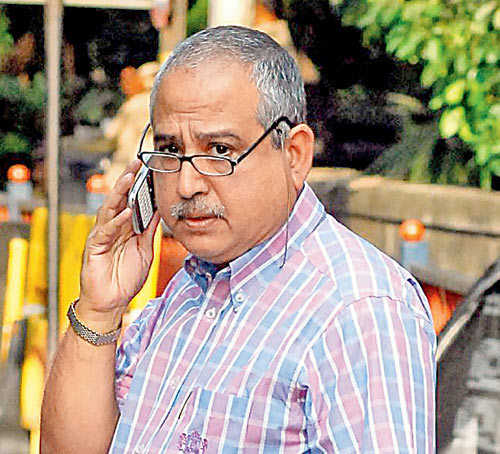
Mumbai, November 18: He was considered a right-wing Hindu leader -- but Shiv Sena patriarch Bal Thackeray, who died Saturday, had full faith in a Muslim doctor, who was treating him for the last four years.
One might never to able to solve the mystery as to why Thackeray trusted his family's health on Jalil Parkar, but the meticulous chest physician ensured that the trust was never broken.
In 2009, when Thackeray had severe breathing difficulty, it was this doctor, trained in the United States, who came to his aid and over a period of time became a permanent visitor to Matoshri -- the Thackeray residence.
Even as Thackeray headed a party known for its right-wing Hindu nationalist views, Parkar never complained of any religious biases. He in fact said Thackeray was one of the kindest souls he had interacted with.
It was evident from the fact that Parkar was choked up and had visibly damp eyes while he, and not a party member, announced the death of the 86-year-old Shiv Sena founder.
Party workers also acknowledged Parkar's required presence at Matoshri. He was even seen sitting behind a frail Thackeray as he addressed the party's signature Dussehra rally at Shivaji Park in central Mumbai last year.
Such was the faith Thackeray had in Parkar that even party spokesperson Sanjay Raut publicly acknowledged it and praised Thackeray and Parkar for the bond that they shared.
Raut had said Thackeray never had any problems with a Muslim doctor leading a team of doctors treating him. "He had immense faith in Dr. Parkar," Raut had said earlier.
After all, it was Parkar's constant care and perfect prescription that helped bring under control Thackeray's chronic obstructive pulmonary disease, a lung disease that makes breathing difficult.
And it did not stop at that.
Parkar was right there when Thackeray's son Uddhav fell ill in July. Like his father, who has had two heart interventions - the first in 1996 and the second in 2009 done by Parker - Uddhav too underwent two angioplasty procedures in July and October. Parkar was at Uddhav's side then too.






Comments
Add new comment